Effective Mold Removal Services
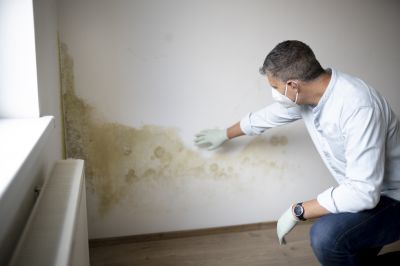
Higher humidity levels in spring can promote mold growth, making it an ideal time for inspections and removals.
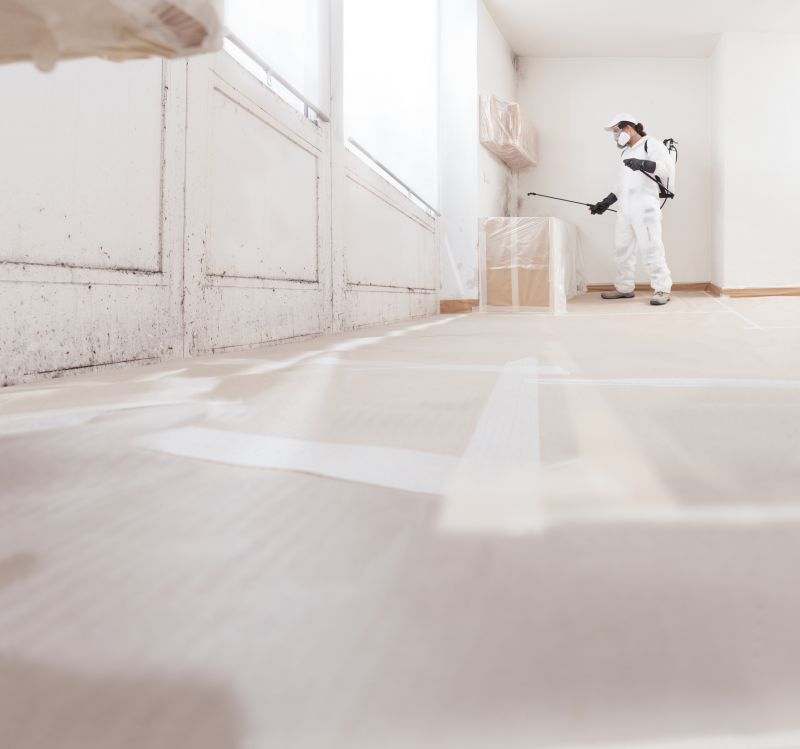
Warm temperatures and increased moisture from rain can accelerate mold development, requiring proactive removal efforts.

Lower outdoor humidity levels can help slow mold growth, but indoor moisture from heating systems may still pose risks.
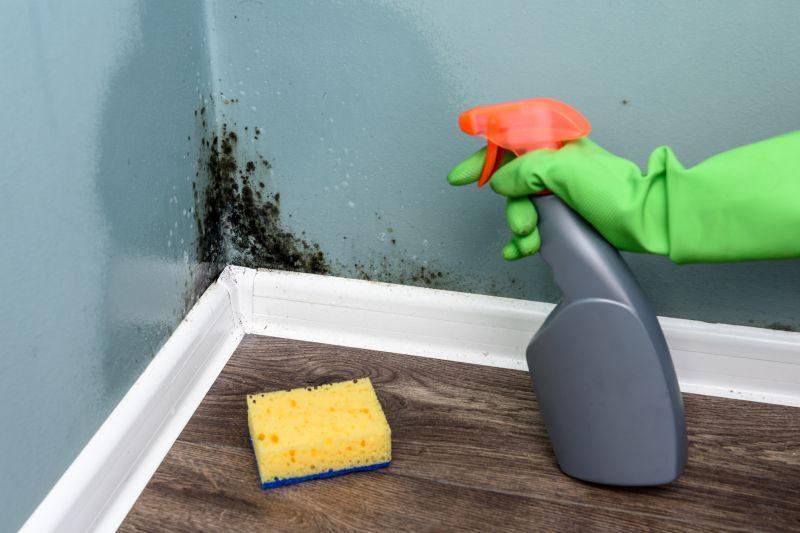
Ways to make Mold Removals work in tight or awkward layouts.
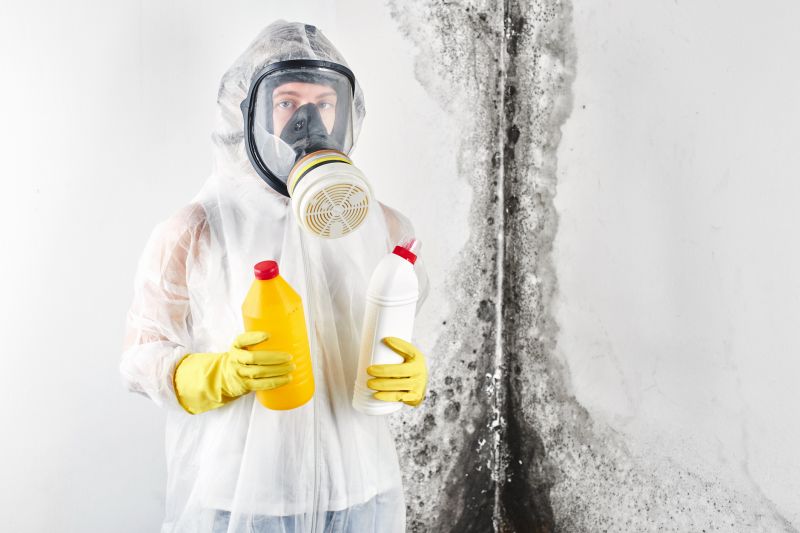
Popular materials for Mold Removals and why they hold up over time.
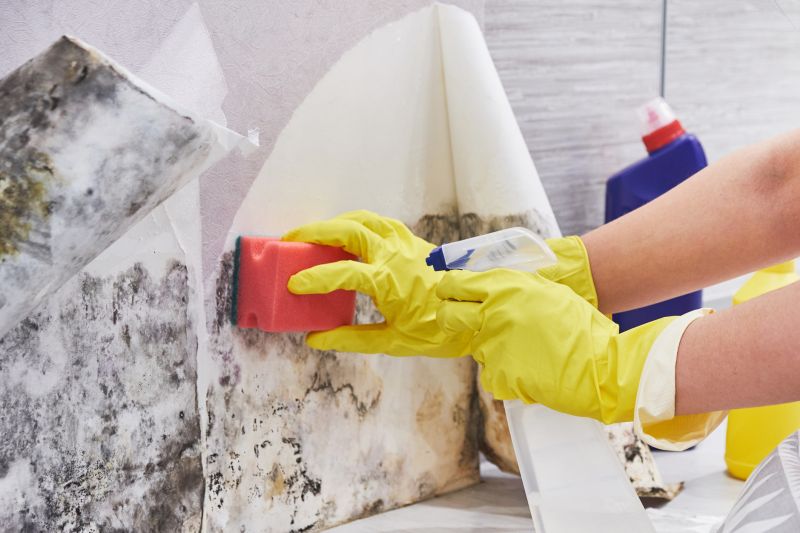
Simple add-ons that improve Mold Removals without blowing the budget.
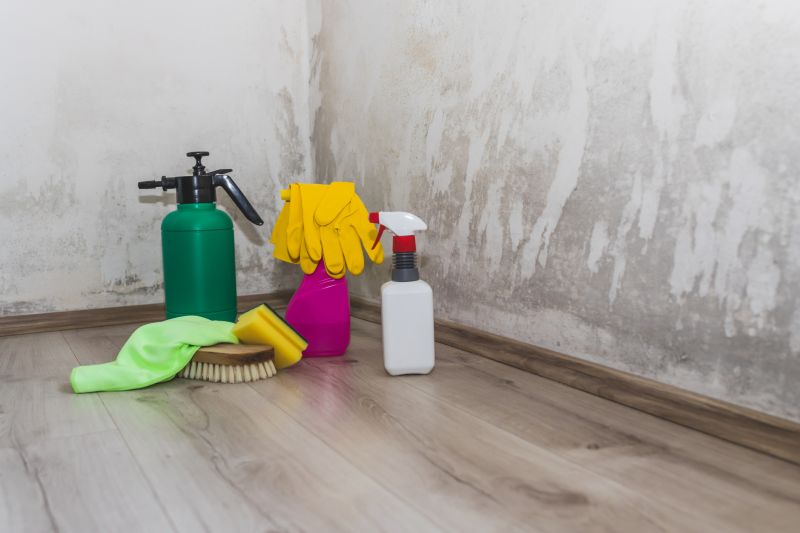
High-end options that actually feel worth it for Mold Removals.
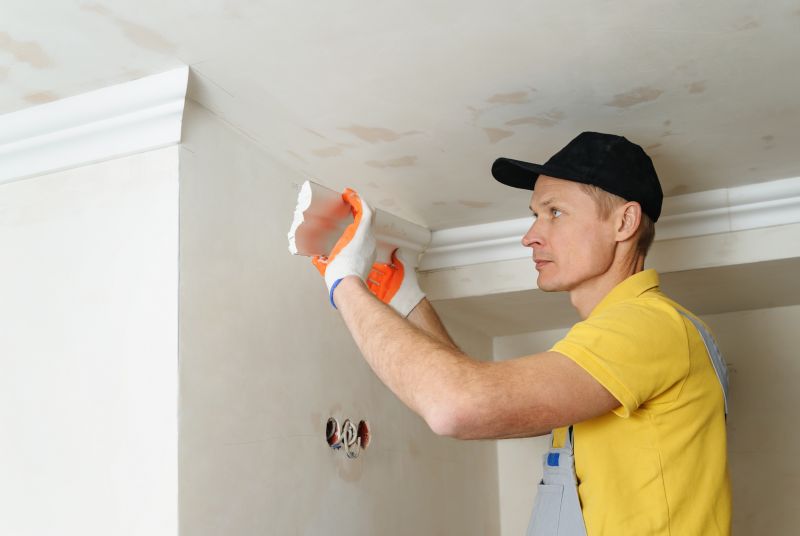
Finishes and colors that play nicely with Mold Removals.
Mold removals are essential for maintaining indoor air quality and preventing structural damage caused by mold proliferation. Mold spores can become airborne and pose health risks, especially to individuals with allergies or respiratory issues. Timely removal prevents mold from spreading further and reduces long-term remediation costs. According to industry statistics, mold growth can occur within 24 to 48 hours in the presence of excess moisture, emphasizing the importance of prompt action.
The optimal timing for mold removal depends on environmental conditions. Typically, periods of high humidity and moisture, such as spring and summer, require increased vigilance and proactive removal efforts. Conversely, drier seasons like fall and winter can be advantageous for mold remediation, provided indoor moisture levels are controlled. Regular inspections during these times can help identify mold issues early and facilitate effective removal before significant damage occurs.
Mold tends to grow more rapidly during humid months, making spring and summer prime times for removals.
Maintaining indoor humidity below 60 percent can help prevent mold development year-round.
Early mold removal minimizes health risks and structural damage, saving costs in the long run.
Using humidity and moisture sensors can assist in identifying optimal times for mold remediation.
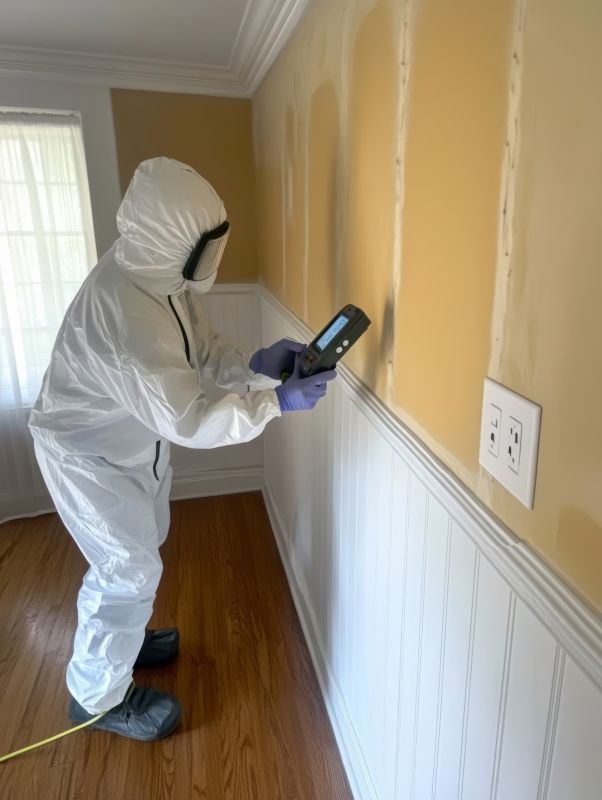
Professional inspections identify mold presence and determine the best removal timing.
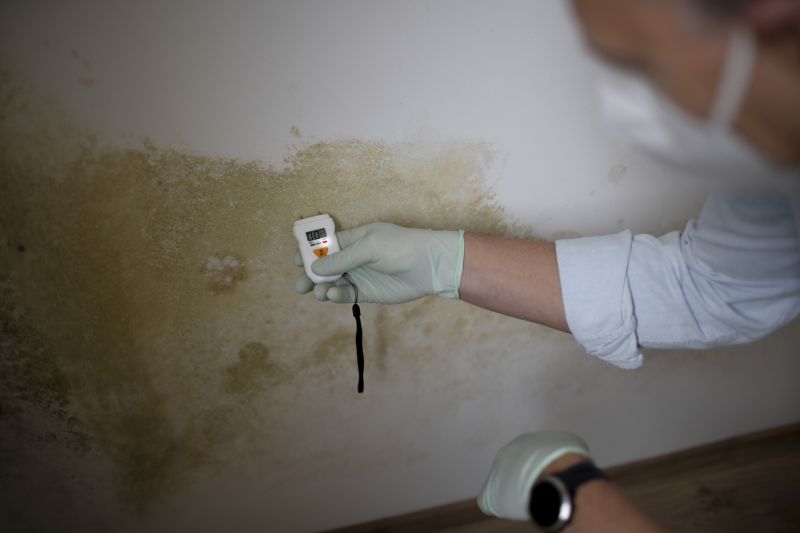
Controlling indoor moisture levels is crucial for effective mold prevention and removal.
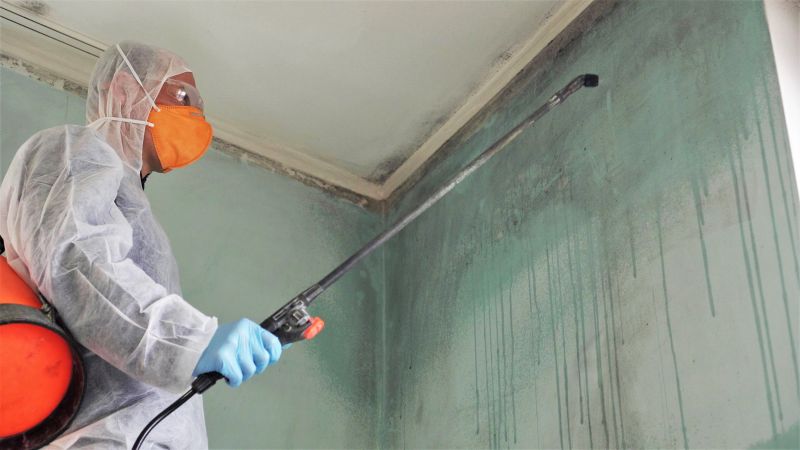
Proper removal techniques depend on environmental conditions and mold severity.
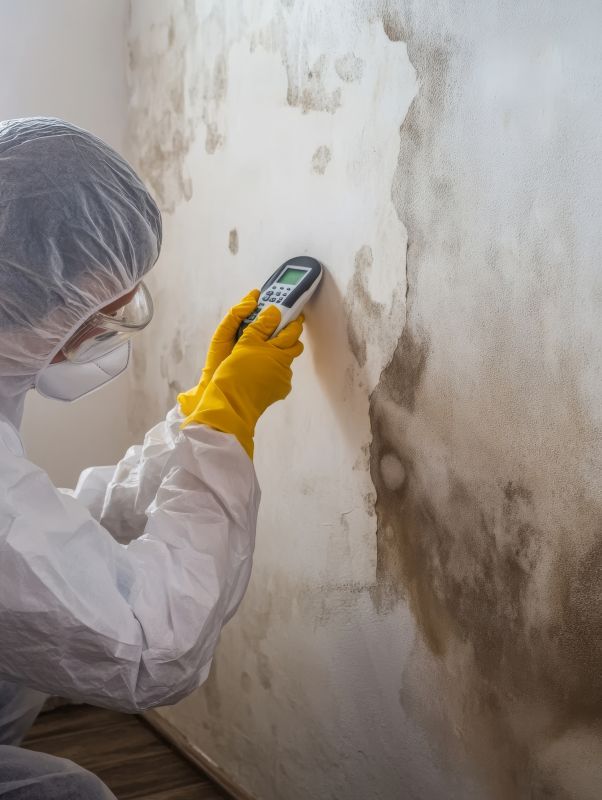
Little measurements that prevent headaches on Mold Removals day.
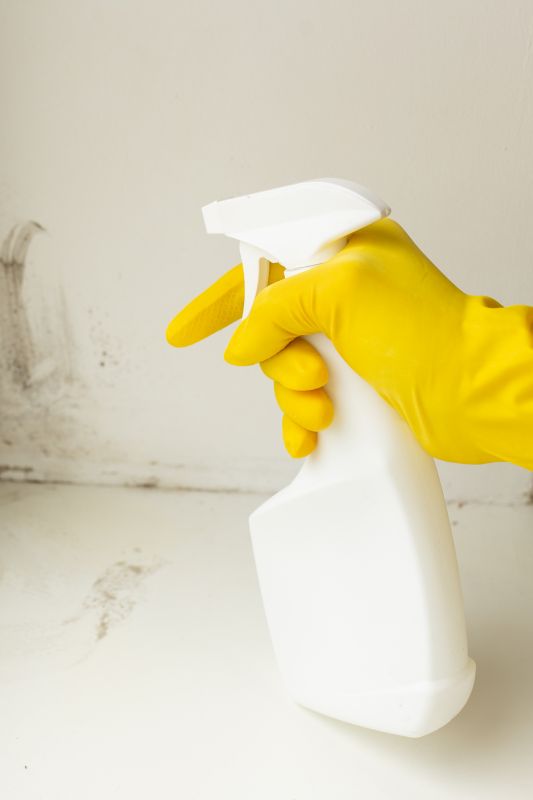
A 60-second routine that keeps Mold Removals looking new.
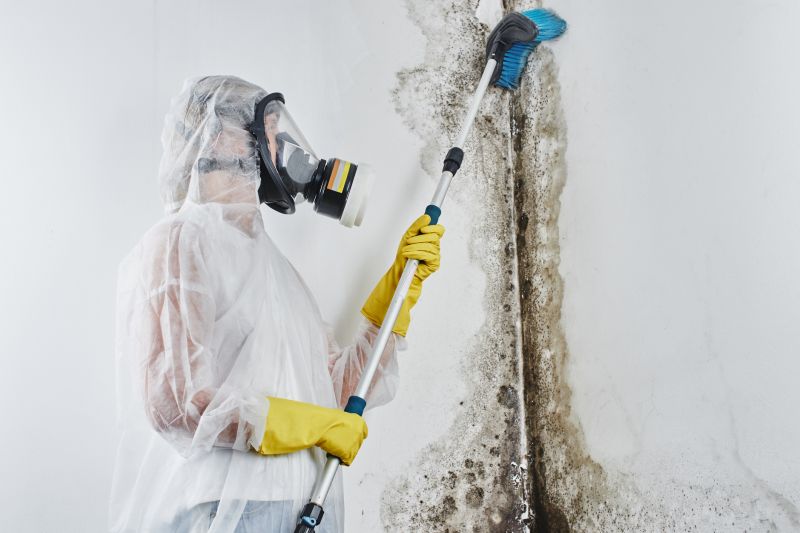
A frequent mistake in Mold Removals and how to dodge it.
| Season | Ideal Mold Removal Timing |
|---|---|
| Spring | High humidity increases mold risk; early removal recommended. |
| Summer | Warm and moist conditions favor mold growth; proactive removal advised. |
| Fall | Lower outdoor humidity helps; inspections recommended before indoor heating starts. |
| Winter | Indoor moisture from heating can cause mold; periodic checks are beneficial. |
| Year-round | Maintain indoor humidity below 60% to prevent mold development. |
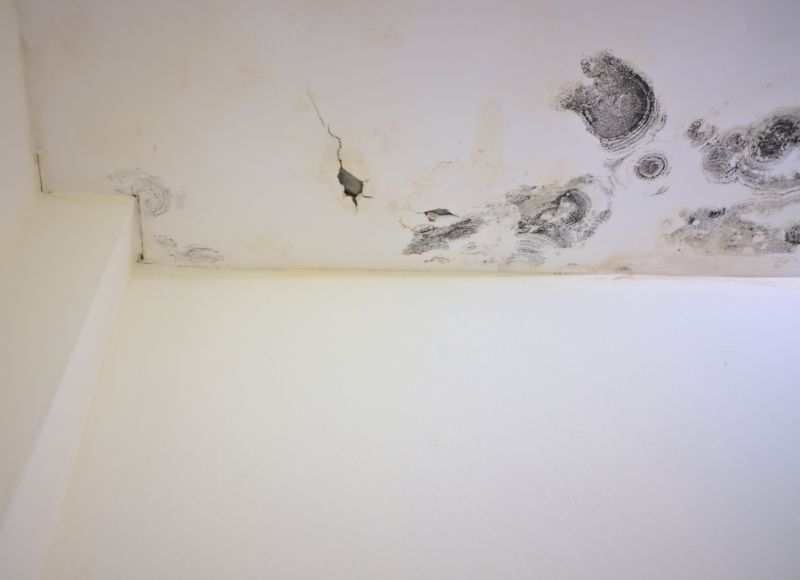
Ignoring mold can lead to extensive structural issues and health problems.
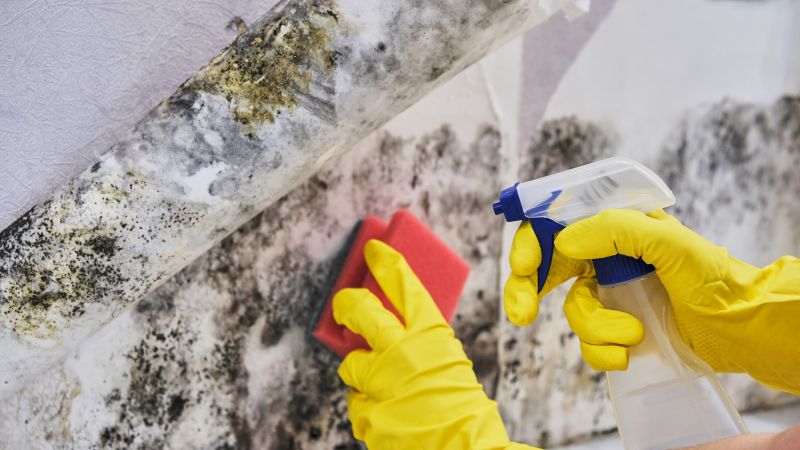
Regular inspections help identify mold early for timely removal.
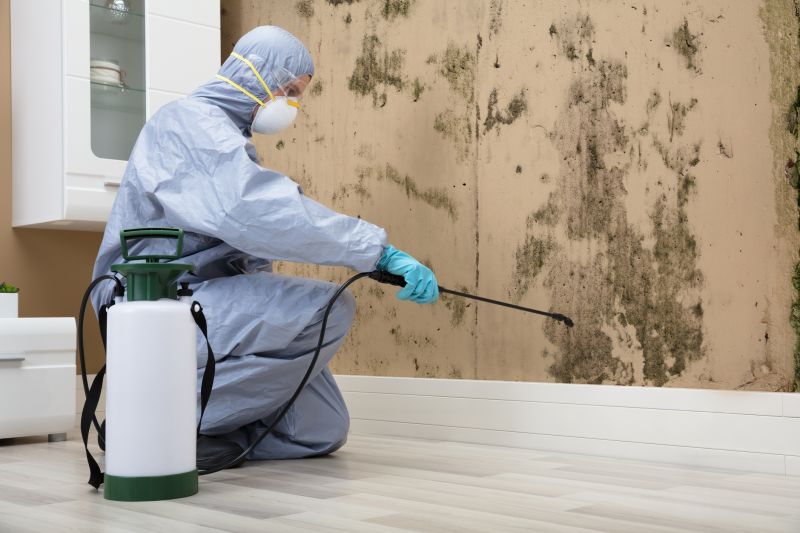
Professional techniques ensure thorough mold eradication and prevent recurrence.
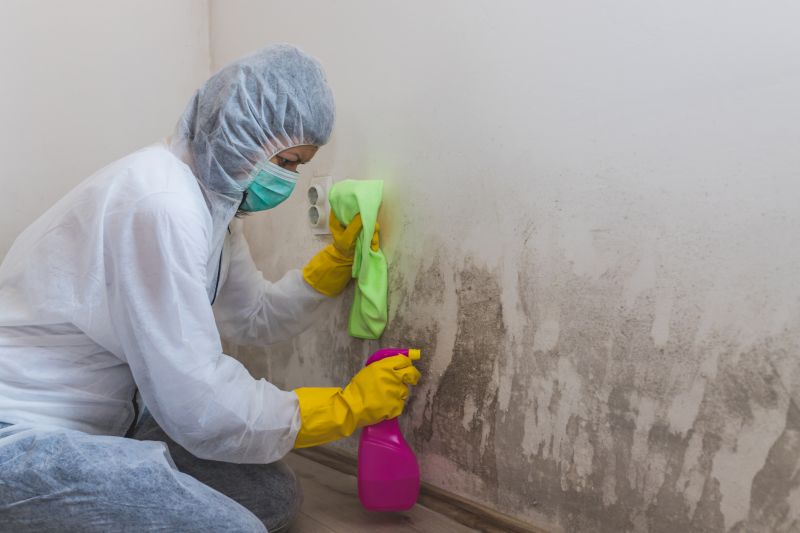
Removing mold improves air quality and reduces health risks indoors.
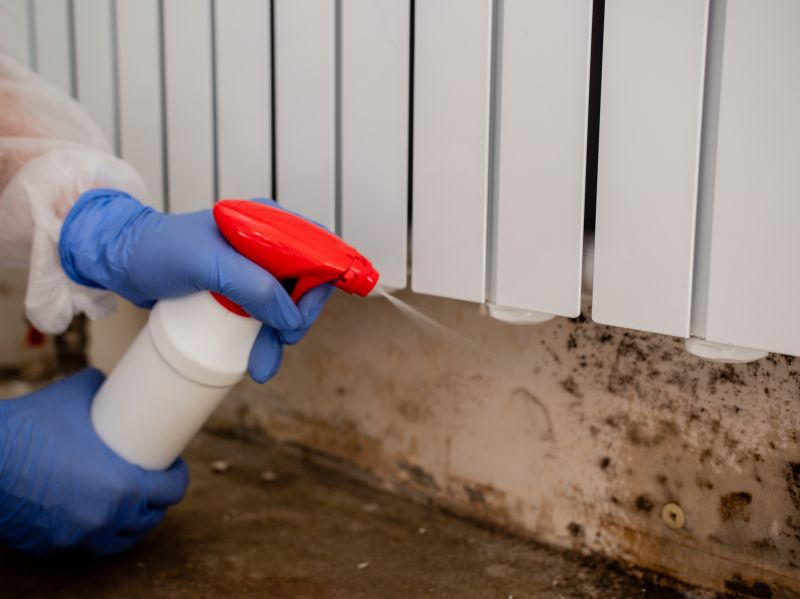
Lower-waste or water-saving choices for Mold Removals.
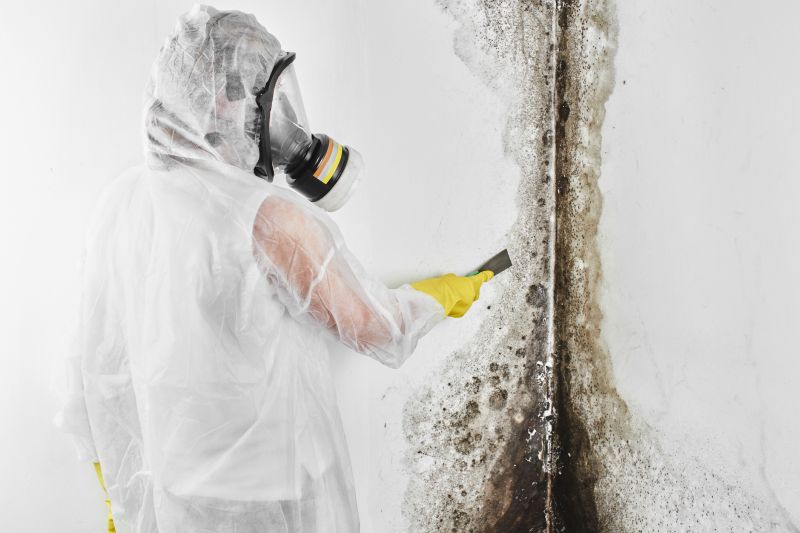
The short, realistic tool list for quality Mold Removals.
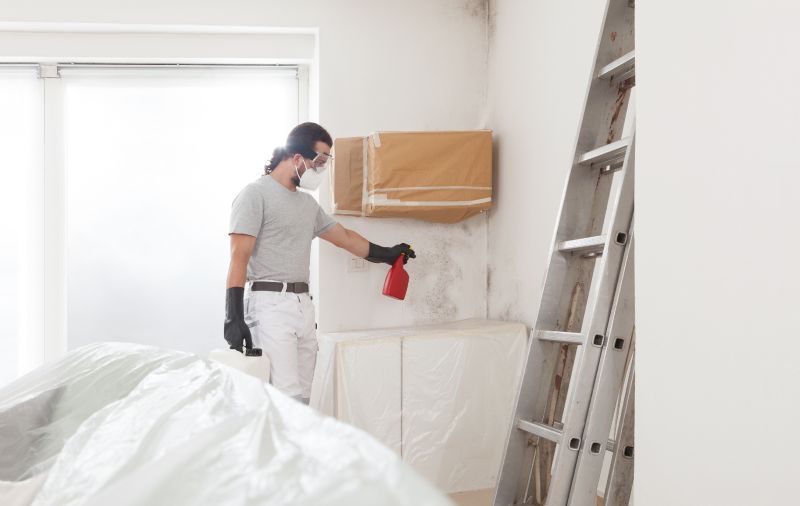
Rough timing from prep to clean-up for Mold Removals.
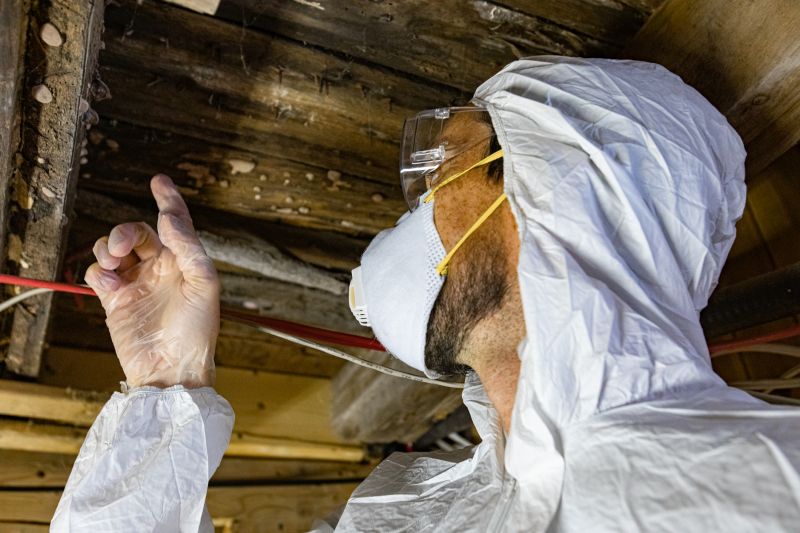
Quick checks and paperwork to keep after Mold Removals.
Timely mold removal is vital for preserving property value and ensuring a healthy living environment. Mold can develop quickly in humid conditions, often unnoticed until visible growth or health symptoms appear. Implementing moisture control strategies and scheduling inspections during high-risk seasons can significantly reduce the likelihood of mold proliferation.
Interested parties are encouraged to contact for more information or to schedule mold removal services. Proper timing and proactive management are key to effective mold remediation and long-term prevention.
